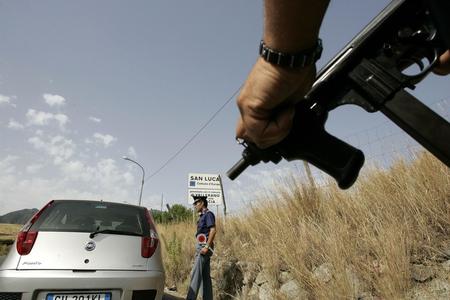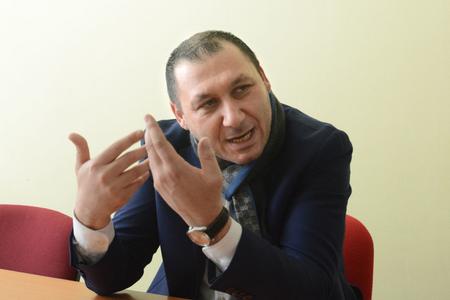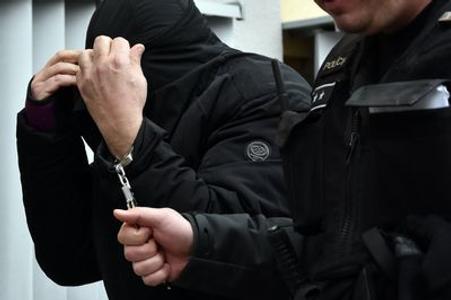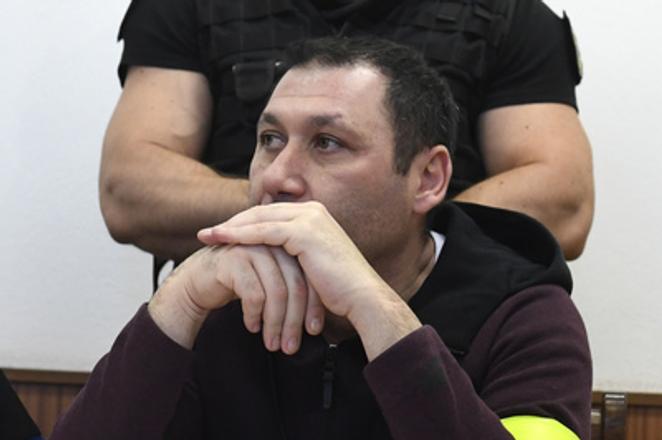The Košice Regional Court decided to change the form of custody for Antonino Vadala, the Italian entrepreneur living in eastern Slovakia, from a preliminary to an extradition one, on April 20.
Vadala has been accused in Italy of drug-related crimes, and a court in Venice has issued a European arrest warrant for him.
“The court has decided on extradition custody, and my client’s reaction was that he’s given up his right of complaint," the Italian’s lawyer Jaroslav Hamza told the TASR newswire. "The verdict is final, and it will depend on several circumstances when Vadala is extradited to Italy," said Hamza, declining to comment on the accusations.

The decision was made at a non-public session conducted under strict security measures. The court upheld a proposal of the Košice Regional Prosecutor’s Office, which submitted the original of a European warrant as well as other required documents.
What is Vadala's case?
Vadala has been in custody since March 13, when he was detained by the Slovak police. The Košice Regional Court at first decided to remand him in preliminary custody, against which he filed a complaint; but the Supreme Court rejected his complaint on April 12.

In Italy, Vadala has been charged with illicit trafficking in narcotics and psychotropic substances as well as engagement in criminal gangs involved in drug trafficking. He is said to have teamed up with other people to import huge amounts of cocaine from South America.
“The European warrant has been extended to include the crime of money laundering,” Košice Regional Prosecution’s Office spokesman Milan Filicko told TASR.
Will Italy or Slovakia get him?
Quite recently, Slovak police also started prosecuting Vadala, suspected of fraud involving EU-fund subsidies, the Sme daily wrote.

Slovak Justice Minister Gábor Gál (coalition party Most-Híd) is likely to agree with the extradition, TASR wrote. Gál responded to the decision of the Košice court. The justice minister could also possibly decide that Vadala should remain in Slovakia and not be extradited to his country of origin. Nevertheless, Gál does see this possibility as likely, as based on the information he has, he does not see any reason to decide otherwise.


 Antonino Vadala at the Košice court session on April 20, which decided on his extradition. (source: TASR)
Antonino Vadala at the Košice court session on April 20, which decided on his extradition. (source: TASR)